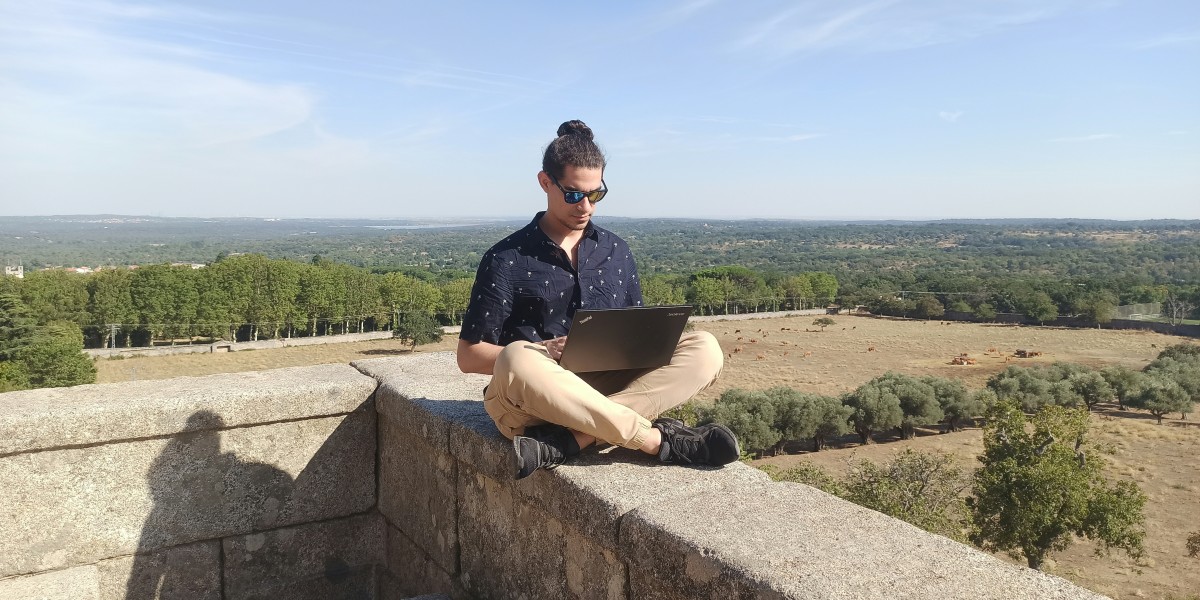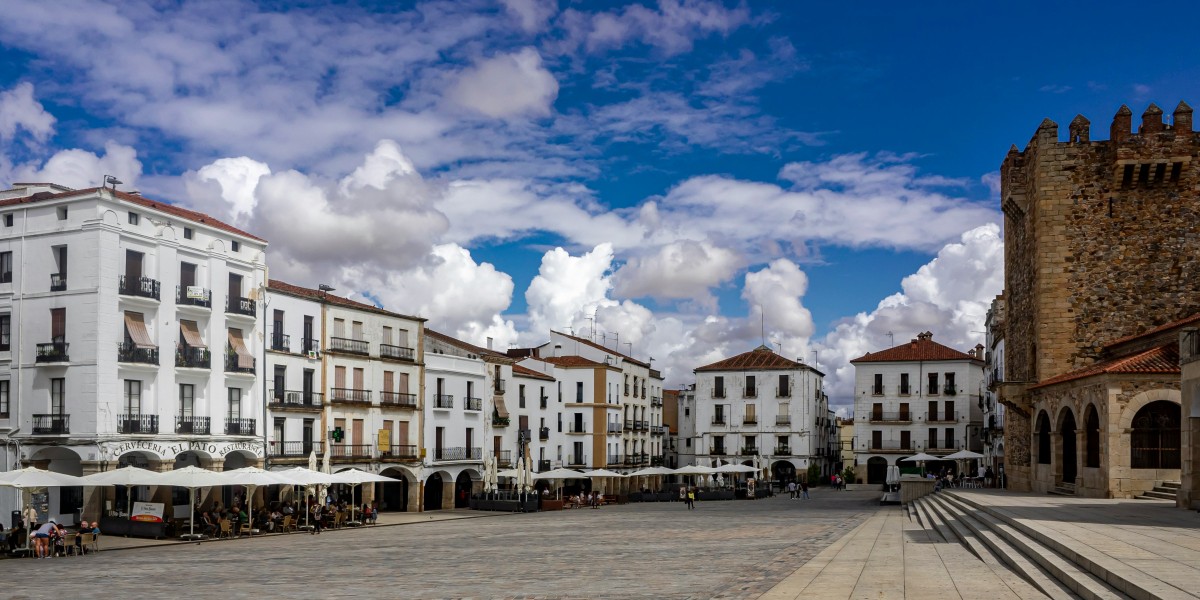
Tucked away in western Spain, Extremadura is quietly carving a name for itself as one of the more intriguing spots for remote workers eyeing a change of scene. With its relaxed pace, character-filled towns like Cáceres and Mérida, and a welcome that feels genuinely local, it’s increasingly on the radar for digital nomads looking for a fresh start.
Digital nomad incentives are making the idea of relocating here even more appealing, especially if you’re keen to swap big-city bustle for open spaces, historical charm, and a much lower cost of living.
Digital Nomad Scheme in Extremadura
Extremadura is taking proactive steps to attract remote workers with a substantial grant programme. The regional government has set aside a €2 million budget to support the arrival and settling of digital nomads, freelancers, and self-employed professionals keen to work remotely from within Extremadura’s borders. This initiative isn’t just about boosting economic activity; it’s an effort to tackle rural depopulation and support digital transformation in the region.
The scheme specifically targets qualified talent looking for a change of pace and scenery. Successful applicants can receive grants generally starting at €8,000, while women, young people, and those moving to villages with fewer than 5,000 inhabitants can qualify for up to €10,000. There’s even a possibility of an additional €4,000–€5,000 if you remain active in the community for three years. The grants are open to a broad range of remote professionals, whether you’re a solo freelancer or working for an overseas employer, provided you can show that you’re set up for remote work and intend to make your base in Extremadura.

Eligibility criteria for digital nomad grants in Extremadura
Applicants need to tick several key boxes set out by the regional government. First and foremost, you must be a highly qualified professional working entirely remotely. The scheme is open to both employees with remote work contracts and self-employed freelancers.
Applicants must be willing to relocate to Extremadura and register as residents for a minimum of two years. There's no requirement to already be an EU citizen, but non-EU nationals—like British or American citizens—will need to sort out a Spanish digital nomad visa before applying for the grant.
Specific priority (and larger grants) are given to women, young people under 30, and those moving to towns with fewer than 5,000 inhabitants. For these groups, the grant starts at €10,000, with an additional €5,000 possible if you continue your activity for a third year. For everyone else, the base grant is €8,000, with a potential €4,000 extra for longer stays.

Applying for digital nomad grants in Extremadura
Applying for the digital nomad grant in Extremadura involves a few clear steps, but preparation is key. The deadline to apply is 8th October 20.25, so it's good to start planning now. First, make sure you have all your documentation in order. The application process itself is carried out online through the Extremadura General Electronic Access Point (Sede Electrónica de la Junta de Extremadura). You’ll need to provide:
- Proof of qualifications (such as degrees or certificates)
- Proof of where you lived before
- Documentation showing your remote employment or freelance status (work contracts, invoices, or proof of income)
- Identification documents and your residency permit or visa
- Official translations of your documents

Living in Extremadura
Living in Extremadura gives you a real taste of Spain that you don’t often find in the big cities. Life moves at an easygoing pace in towns like Mérida and Cáceres, where Roman ruins — and excellent tapas — are just part of the backdrop. If you enjoy the outdoors, you’ve got wild nature on your doorstep, from the birdwatching sites in Monfragüe National Park to wild swimming spots along the rivers. The cost of living is far lower than in Madrid or Barcelona, with lively local markets, festivals, and a real sense of community.
